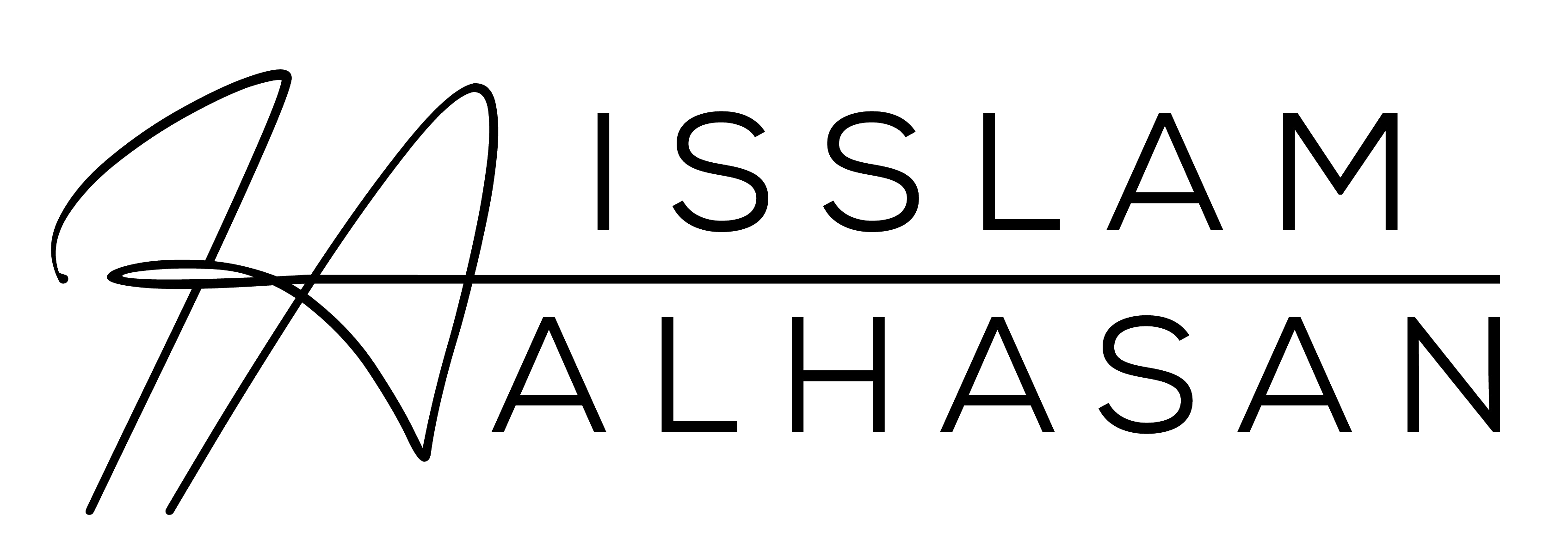Stepping from academia into industry feels much like navigating uncharted waters. The frameworks, values, and paces of work differ drastically, and the academic way of critically analyzing, hypothesizing, and diving deep into topics can often feel at odds with industry’s efficiency-driven, solution-oriented approach. When I transitioned from academia to a data science role in industry, I quickly learned that, while academia trained me to master theory, industry demands a unique blend of agility, problem-solving, and real-world applications. Here are some key insights and strategies to bridge this transition effectively.
1. Reframe Your Skills for Industry Value
In academia, skills like data analysis, hypothesis testing, and critical thinking are essential, but these need to be translated into the language of industry. For example, instead of “analyzing theoretical data,” highlight your experience in “optimizing decision-making through data-driven insights.” This rephrasing showcases your abilities as tangible assets, aligning with the priorities of hiring managers.
2. Embrace Continuous Learning and Adaptability
The shift from academia’s deep dives into a narrow topic to industry’s breadth-first approach requires adaptability. In my own journey, I had to learn new tools and adjust to different methodologies quickly. Being open to learning and adapting has proven invaluable, allowing me to keep up with industry standards and add immediate value to my projects.
3. Build a Network in the Industry
Networking was something I didn’t prioritize in academia, but in industry, it’s essential. Connecting with industry peers allows you to gain insights into current trends, exchange ideas, and find mentors who’ve made similar transitions. Joining professional groups and attending conferences provides both exposure and the opportunity to grow your professional network.
4. Focus on Results, Not Just Process
In academia, we’re taught to love the process – the slow, methodical approach to research. Industry, however, is driven by results and efficiency. This mindset shift can be challenging but is necessary. Learning to streamline workflows, apply lean methodologies, and focus on measurable outcomes helps bridge the expectations gap.
5. Trust Your Academic Foundation
Finally, trust the foundation that academia has provided. The critical thinking, resilience, and research skills honed through years of study are all transferable and valuable. Industry experience can refine these skills, allowing you to approach problems from unique perspectives that are sometimes missed in a fast-paced environment.
Transitioning from academia to industry isn’t easy, but by reshaping your skills, embracing adaptability, and focusing on delivering results, the shift becomes manageable. The key is to recognize the value of both worlds – academia’s depth and industry’s practicality – and to blend them in ways that propel you forward.
If you’re preparing for or already in this transition, I hope these insights help you navigate the journey a bit more smoothly.



